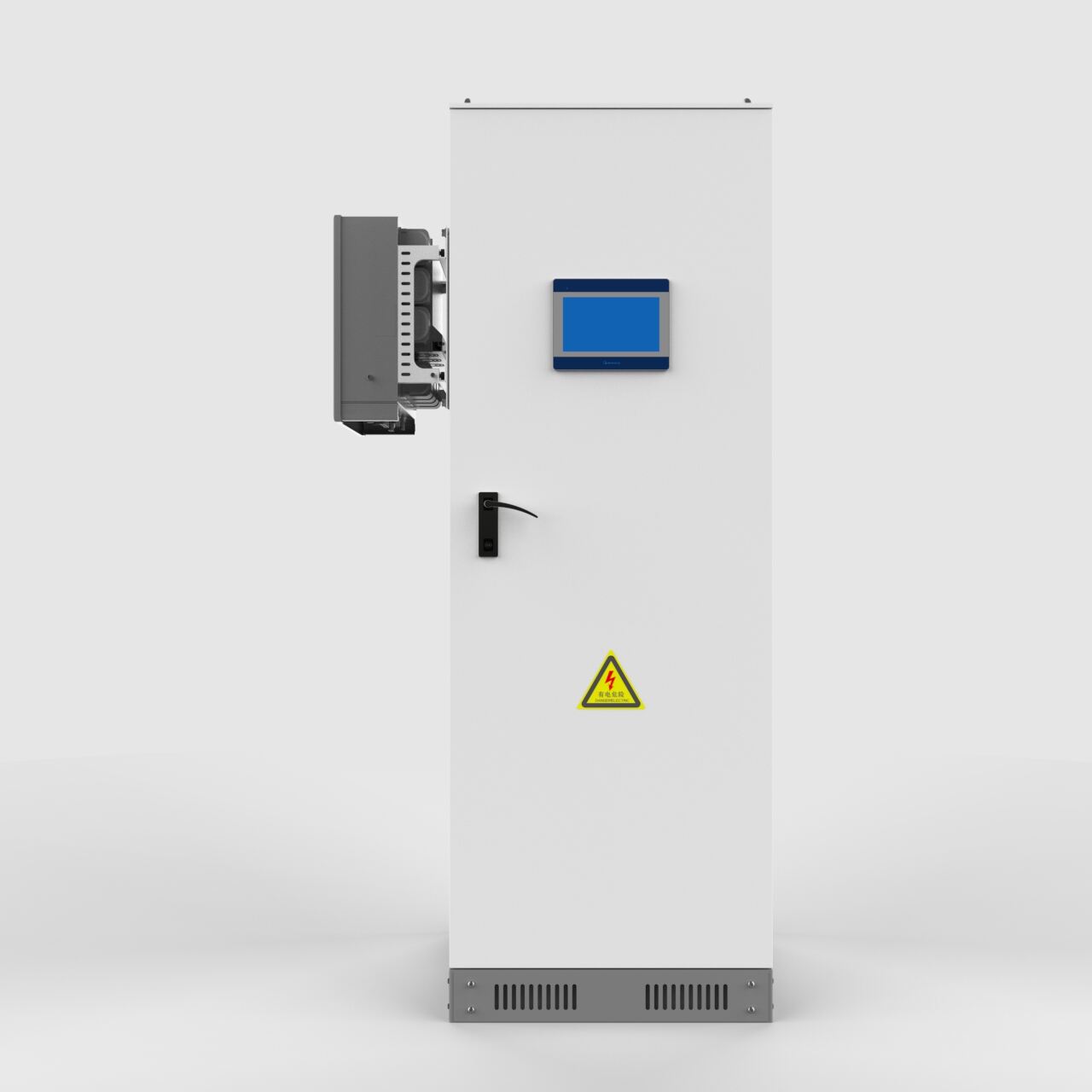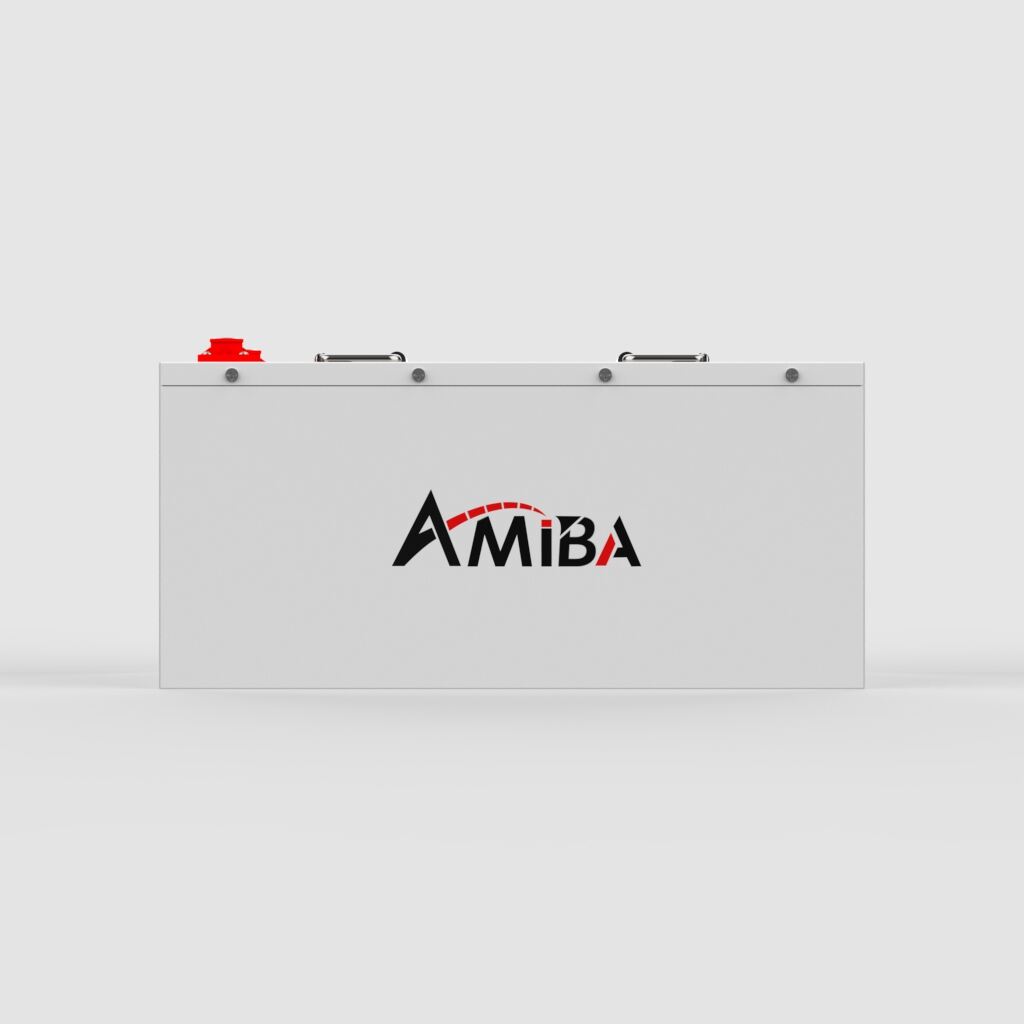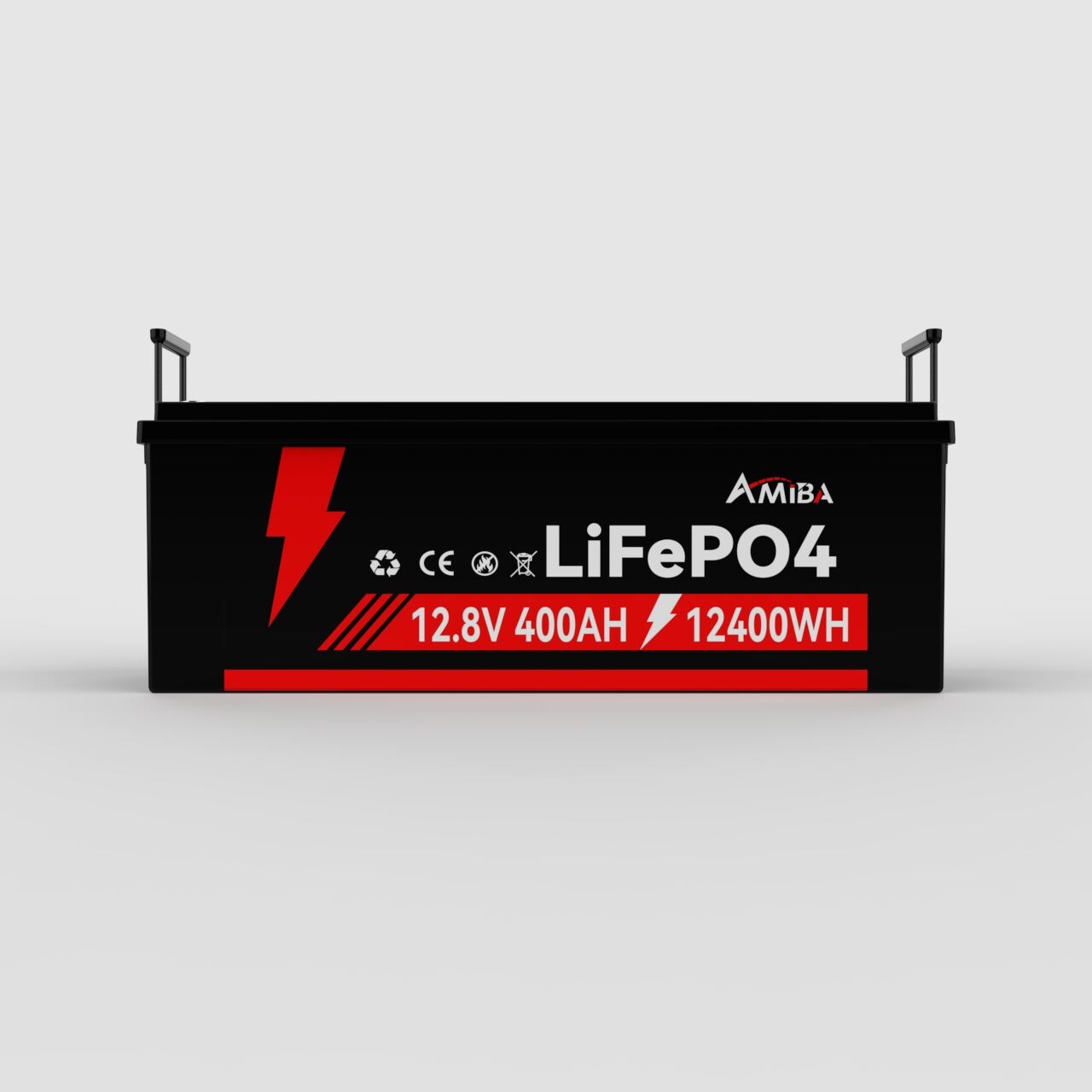Lithium batteries offer a remarkable advantage in energy density, surpassing traditional lead-acid batteries. This means they can store more energy in a smaller and lighter package, making them ideal for home energy storage systems. The efficiency of lithium batteries often exceeds 90%, which translates into less energy waste during the charge and discharge cycles. This efficiency is a significant boon for homeowners looking to maximize their solar energy investments. Additionally, with the capacity to perform over 3,000 charge cycles, lithium batteries promise superior cycle life, ultimately making them a cost-effective choice despite the higher upfront investment.
Lithium batteries are renowned for their longevity, typically lasting 10 years or even more, compared to only 3-5 years for conventional batteries. This extended lifespan means homeowners face fewer replacement costs over time. Furthermore, lithium batteries' ability to withstand deep discharges reduces operational costs and increases total usable energy. This enhances productivity by offering better reliability and performance. As technological advances continue, their life expectancy might exceed 15 years, providing homeowners with even greater value and sustainability in their energy storage solutions.
Modern lithium battery systems come equipped with advanced safety features that ensure reliable operation. One key feature is the thermal management system that prevents overheating, thus minimizing the risks of fire hazards. Moreover, integrated management systems monitor real-time performance, optimizing efficiency while ensuring safe operation. These batteries must pass rigorous safety tests to comply with regulatory standards, lending credibility to their safe usage in residential environments. This comprehensive suite of safety features makes lithium batteries a dependable choice for home energy storage, reassuring homeowners about their secure installation and use.
Integrating lithium batteries with solar energy systems significantly enhances the efficiency and utility of solar power in households. This combination enables homeowners to optimize the self-consumption of solar energy generated during daylight hours, storing the excess in lithium batteries for use during peak demand times. This not only decreases reliance on the power grid but also contributes to lower electricity bills—potentially as much as a 70% reduction, according to studies. Furthermore, lithium batteries provide a compact and efficient solution for energy storage, offering superior energy density and cycle life.
Additionally, the lithium battery's ability to effectively store solar energy increases its viability as a home energy solution. As families shift towards renewable energy sources, such systems allow flexibility in energy management, adapting to varying consumption patterns. This seamless integration with solar panels ensures that households can enjoy uninterrupted power, making the transition to green energy smoother and more financially rewarding.
Pairing lithium batteries with solar panels promotes energy independence by reducing dependency on the unstable grid. This setup ensures that homeowners have a consistent power supply, alleviating concerns of grid fluctuations and outages. In regions susceptible to frequent power disturbances, possessing a lithium-solar battery system becomes crucial. These systems offer reliability and resilience, making them an essential choice for areas with unpredictable electricity availability.
The forecasted trend towards decentralized energy systems underscores the importance of lithium-solar technology. Experts anticipate that distributed energy solutions will become increasingly prevalent, highlighting the critical role lithium-solar systems will play in future energy paradigms. This pairing not only supports self-sufficiency but also provides peace of mind during blackouts, significantly enhancing the energy security of households.
Lithium battery systems offer remarkable scalability, catering to the growing energy demands of expanding households. This adaptability ensures that residential energy solutions remain sustainable over time, facilitating easy upgrades without necessitating wholesale changes to the entire setup. Homeowners can integrate additional batteries whenever necessary, benefiting from a modular configuration that traditional systems cannot match.
The anticipated increase in household energy consumption amplifies the necessity for flexible systems. Lithium batteries, known for their modular build, allow for incremental enhancements in capacity—hence making them an ideal choice for future-proofing energy needs. As projections indicate heightened demand for residential energy, the ability to scale efficiently becomes a crucial advantage for choosing lithium-based solutions over alternatives.
The Industry Energy Storage Lithium Battery IES3060-30KW & 60KWh stands out due to its high capacity and advanced management systems, making it a robust choice for both residential and small commercial applications. It is designed to handle fluctuating energy demands efficiently, ensuring optimal energy use and delivering a significant return on investment. Recent market analyses reveal a growing popularity of the IES3060 due to its versatility and reliable performance in the energy storage sector.

The 12V24V Lithium Battery LAB12100BDH excels in versatility, catering to a wide range of applications, from RVs to marine systems and off-grid installations. Its lightweight design and compact form factor make it an easy fit for various setups, enhancing user convenience. Users have consistently praised this battery for its reliability across diverse environments, underscoring its effectiveness and adaptability in delivering consistent power performance.

Lithium battery systems featuring 12V/24V configurations allow for modularity, enabling homeowners to customize their energy storage setup as per specific needs and consumption patterns. This adaptability is key, facilitating seamless upgrades or expansions in response to growing energy demands. Industry reports underscore a shift toward modular energy storage, marking these configurations as essential in crafting future-ready energy solutions and enhancing lithium battery system flexibility.

Future advancements in lithium-ion battery chemistry are set to significantly enhance both capacity and longevity, providing better efficiency for home energy storage systems. Researchers are exploring the integration of new materials, like solid electrolytes, to influence these improvements. Such innovations are not just technical ambitions but also economic game-changers. Research organizations forecast that these developments will notably decrease costs while enhancing safety standards, making advanced lithium batteries more accessible for everyday household use.
The evolution towards smart homes is driving the integration of lithium battery systems with AI-powered energy management technologies. By doing so, homeowners can attain optimized energy performance through automatic adjustments based on energy pricing and consumption patterns. This advancement is crucial for efficient energy usage, as smart systems can autonomously decide when to store and when to use energy. Industry experts see this shift as a pivotal move in ensuring optimal battery management, reducing waste, and providing cost-effective energy solutions for homes.
A growing emphasis on sustainability is shaping battery production and recycling within the energy sector. Companies prioritize eco-friendly practices, such as sustainable lithium sourcing and innovative recycling technologies. Many firms are setting ambitious targets to attain carbon neutrality, aligning manufacturing processes with broader societal environmental goals. The evidence of improved recycling efficiency bodes well, potentially creating a circular economy where lithium battery components are reused, thus reducing waste and fostering long-term sustainability.